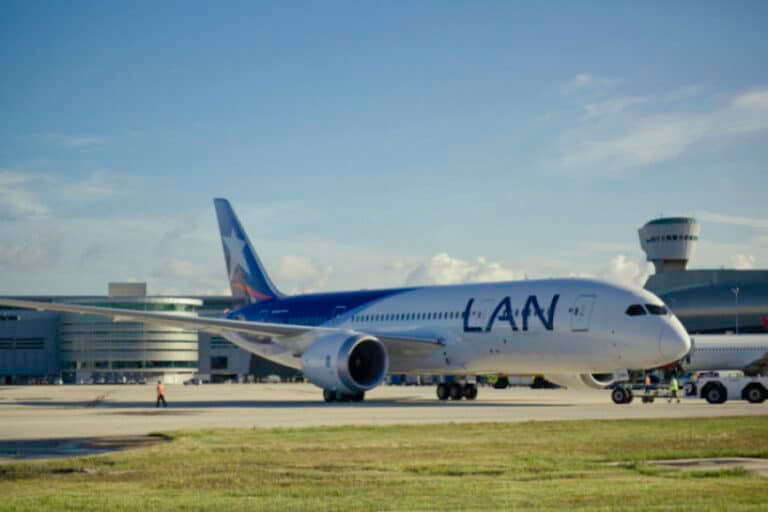Cargo volumes at Miami International Airport (MIA) have stagnated, because of weakness in Latin America with the continued strength of the US dollar not helping matters, writes James Muir.
Miami Dade Aviation Department, the airport operator, marketing manager, Chris Mangos tells Air Cargo Week (ACW): “MIA has handled 1,773,693 tonnes of freight through October 2015, which is almost exactly the same tonnage as the same time last year. Continued decline and slowing of Latin American economies, particularly in Brazil, as well as the fate of the US dollar’s value, have affected our activity.”
He says the signs of problems in Latin America had been apparent from the beginning of the year though MIA should see growth in December.
“All things being equal and with fuel costs maintaining their present levels, MIA should experience an upward trend in cargo through December due to end of year tonnage typically being the highest of the year.”
Mangos says September and October were the first months of the year since May to see increases in freight. He thinks the challenges of 2015 will continue into 2016, telling ACW: “Challenges on the horizon in 2016 will be to find growth opportunities around the globe at a time when the economies in China and several Latin American countries have slowed down, combined with US exports slowing down due to a strong US currency.”
Computers and peripherals continue to be the largest export from MIA, at 41,518 tonnes, followed by industrial machinery at 33,746 tonnes and telecommunications equipment at 27,801 tonnes in 2014. Among imports, the highest volume was among perishables, handling 206,866 tonnes of flowers, 165,888 tonnes of fish and crustaceans, and 119,132 tonnes of vegetables and roots in 2014.
One area, which is booming for MIA is pharmaceuticals, with the value handled increasing by 79 per cent between 2010 and 2014 to $3.2 billion, not including transit cargo. In November, MIA became the first US airport to be designated a pharma freight hub by the International Air Transport Association (IATA).
Mangos tells ACW: “We expect that the IATA designation will help to generate even more growth for MIA’s booming pharma business.”
He says the certification gives MIA a clear advantage over its rivals.
“The designation brands the airport among pharmaceutical manufacturers as an industry leader that transports pharma products in accordance with best practices. This designation will also highlight MIA’s dominance of the pharmaceutical trade in the Americas and its leadership as a safe destination for pharma transport.”
“With MIA already being the largest international freight airport in the country, along with our extensive global route network, we expect the designation to significantly increase the pharma business that MIA currently does and enable Miami to more directly challenge the other pharma markets in the US.”




